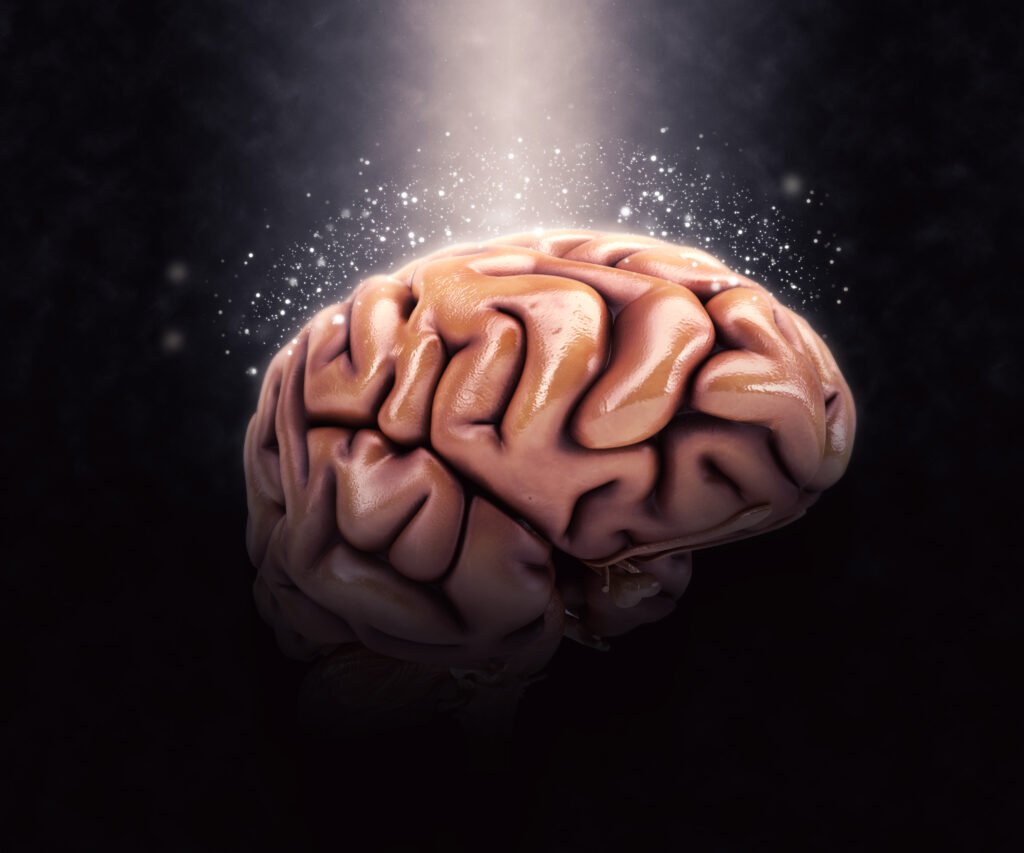You are looking at your refrigerator in 2035 with a blank expression. Since 2024, your AI kitchen assistant has been preparing dinner, so you’ve lost the ability to cook. Now that the power has gone out, your refrigerator is silently criticizing you. Holding a tuna can that you are unable to open, you ask yourself, “How did I become this helpless?”
Does that sound extreme? Perhaps. However, as AI is developing more quickly than your most recent phone update, we must consider if humans are becoming smarter in tandem with AI or if we are outsourcing our brains one app at a time.
AI as Humanity’s Brain Gym
The Conversation claims that AI has the potential to change the structure of our brains. We’re talking about improving our ability to solve problems, increasing our inventiveness, and even giving us a competitive advantage by automating repetitive work. Consider artificial intelligence as that overachieving friend who completes group projects for you while still motivating you to work more.
Consider schooling as an example. Learning that adapts In order to ensure that no learner is left behind, AI systems are tailoring lectures to each individual’s needs. Additionally, AI tools are taking care of tedious tasks at work so that people can concentrate on big ideas. AI is essentially teaching humans to think and operate more intelligently rather than replacing us.
Naturally, some would contend that AI is comparable to a gym subscription. You have to utilize it for it to work.

When Siri Knows More Than You
Now for the flip side of the coin, which AI graciously does for us since we can’t remember how. Whether we like it or not, humans and AI are developing together, as Lance Eliot notes in Forbes. The catch, though, is over-reliance. Imagine a society in which people have forgotten how to survive. Preparing food? AI has a formula. Need directions? GPS. Composing? Well, aren’t you reading this?
Our cognitive muscles run the risk of weakening as technology does more for us. According to research, relying too much on AI may eventually cause our brains to physically shrink. If the idea of having smaller brains seems futuristic, keep in mind that we are already losing some social skills. Have you ever abandoned someone rather than deal with a difficult conversation? AI may simplify our lives, but it is also depriving us of opportunities for personal development.
Although AI may make our lives easier, it is also depriving us of the opportunity to learn that comes from discomfort and hard work.Now for the flip side of the coin, which AI graciously does for us since we can’t remember how. Whether we like it or not, humans and AI are developing together, as Lance Eliot notes in Forbes. The catch, though, is over-reliance. Imagine a society in which people have forgotten how to survive. Preparing food? AI has a formula. Need directions? GPS. Composing? Well, aren’t you reading this?
Our cognitive muscles run the risk of weakening as technology does more for us. According to research, relying too much on AI may eventually cause our brains to physically shrink. If the idea of having smaller brains seems futuristic, keep in mind that we are already losing some social skills. Have you ever abandoned someone instead?
Coexistence or Catastrophe?
What comes next, then? A future in which AI and humans coexist harmoniously like peanut butter and jelly, or one in which humans only serve as the garnish on AI’s always growing sandwich of supremacy?
The fact is that we are at a turning point. We will create a society of thinkers, inventors, and dreamers if we use AI responsibly—as a tool to enhance human intelligence. However, we run the risk of becoming mental couch potatoes who are unable to function without our electronic assistance if we let AI to handle all the tough lifting.
We have a choice. We must choose whether to work with AI or give it complete control as it develops. Because even while AI is excellent at suggesting the ideal music, we shouldn’t likely let it take over.
Conclusion
AI is ultimately the sidekick rather than the hero or villain. If you will, the Robin to our Batman. As long as we maintain control, it can rescue the day. So feel free to call Siri for that recipe, but perhaps remember how to open that tuna can on your own. The most intelligent people are, after all, those who understand when to employ technology and when to use independent judgment.









[…] In addition, new inventions like brain-computer interfaces (BCIs) might help people think faster, improve memory, or even connect their minds to machines.But…do you think we will still be creative? Will we lose feelings that make us human? Scientists and ethicists are still debating these issues.How is AI changing your intelligence? Click Here […]
[…] Tesla’s Cybertruck is supposed to be super tough and even “bulletproof”.However this explosion raises questions about its safety. Particularly around its high-tech lithium-ion battery.Will humans depend more on Tech and AI, or will they use them for their benefit? […]